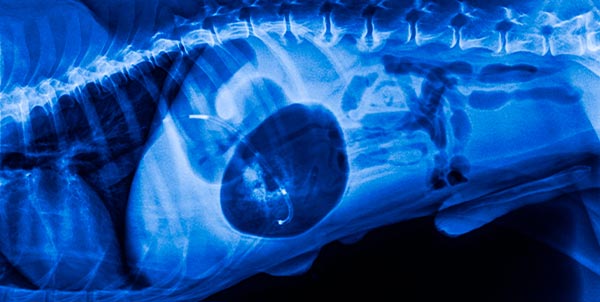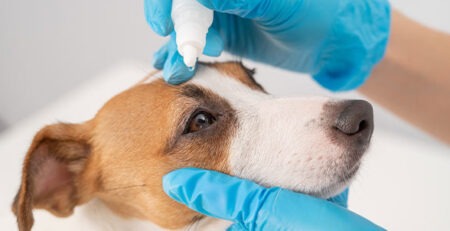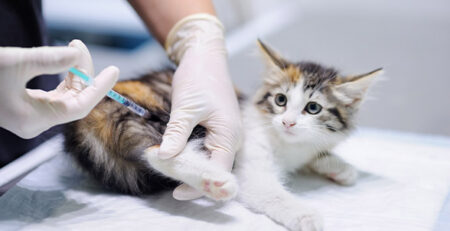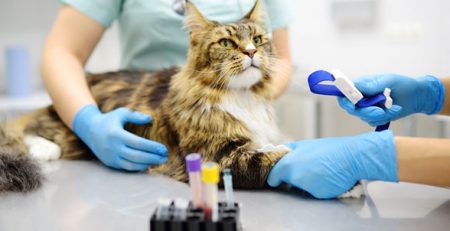Table of Contents
Hepatitis in dogs affects the liver of our four-legged dog. But how does the dog’s liver work and why does hepatitis occur?
Hepatitis in dogs can occur as a result of infections, food poisoning, from taking medications, or due to autoimmune diseases.
Hepatitis in dogs: this is an inflammation of the liver, which unfortunately, like all other organs, can go into degeneration for a variety of reasons
The dog’s liver is a gland that has a dual function and is critical for nutrient metabolism.
It is made up of prism-shaped structures called interconnected liver lobules that constitute the liver tissue or parenchyma.
Its main activities are:
- Secreting bile that collects in the gallbladder waiting to be released into the intestines when it is needed for digestion
- Process food substances that come from the intestines (carbohydrates, fats and proteins)
- Remove harmful substances from the blood
It should be remembered, in fact, that the liver is the “scavenger” of the body, demolishing and capturing toxic substances taken in more or less accidentally.
Precisely because it plays such an essential role, it is easy to understand that the need to keep it healthy, prevent related diseases or recognize its symptoms, is vital.
There are several types of canine hepatitis
Here are the recognized forms of canine hepatitis:
- common: Liver inflammation is caused by the body’s exposure to toxic elements, drugs and insecticides that can cause liver damage.
- autoimmune: a reaction is created by the dog’s immune system attacking liver cells as it confuses them with pathogens
- infectious: liver inflammation is caused by canine adenovirus type 1 and is an acute, viral disease that can be transmitted through urine, water, and contaminated objects. It is also known as Rubarth disease.
There are also diseases that can extend to the liver: pancreatitis, leishmania, hyperthyroidism, hypothyroidism, diabetes, leptospirosis.
Symptoms of hepatitis in the dog
The liver has great compensatory capacities due to its regenerative abilities, and symptoms of hepatitis usually occur when its function is already significantly affected.
The dog suffering from hepatitis may manifest:
- depression and lethargy
- poor appetite and weight loss
- Vomiting, diarrhea or acholic stools i.e., light in color
- Ascites (collection of fluid in the abdominal cavity)
- Jaundice (yellowish discoloration of mucous membranes and eyes)
Infectious hepatitis usually has a good prognosis if diagnosis is early and treatment is targeted.
In the case of common hepatitis or autoimmune hepatitis, the prognosis depends from case to case, although lesions can become chronic.
Chronic hepatitis causes damage to the liver parenchyma in the form of cirrhosis and liver fibrosis.
Hepatic fibrosis and cirrhosis in the dog
Fibrosis refers to the formation of thickened scars in place of new, healthy cells in the liver as a result of the inflammation that has affected it.
Over time, the presence of scar tissue can limit the proper functioning of the liver.
In the early stage, if the cause is reversible, liver fibrosis may regress.
Conversely, if not stopped, the disease process becomes permanent and can lead to cirrhosis and liver failure.
Cirrhosis represents the final irreversible stage of chronic liver damage.
Is there a predisposition to hepatitis in some breeds?
An increased chance of encountering hepatitis in some breeds is known:
- Dobermann
- Labrador retriever
- Cocker
- Dalmatian
- German Shepherd
- Beagle
- Scottish Terrier
The diagnosis and treatment of hepatitis in dogs
The diagnostic approach to liver disease includes laboratory tests (blood and urine), imaging, and biopsy.
In the case of common and autoimmune hepatopathies, the Veterinarian will apply the most suitable treatment protocol: in fact, the treatment depends on the factor that caused the disease and on it he must first act.
In the case of infectious hepatitis, vaccination is the most effective means of prevention.
When hepatitis is suspected, it is essential to give the dog a thorough clinical examination and administer specific therapy promptly.
We remind you in this regard that in case of need and urgency Clinica La Veterinaria is always open h24 every day including holidays and with First Aid service from 8 pm to 8 am.
For the joy of seeing them HAPPY











